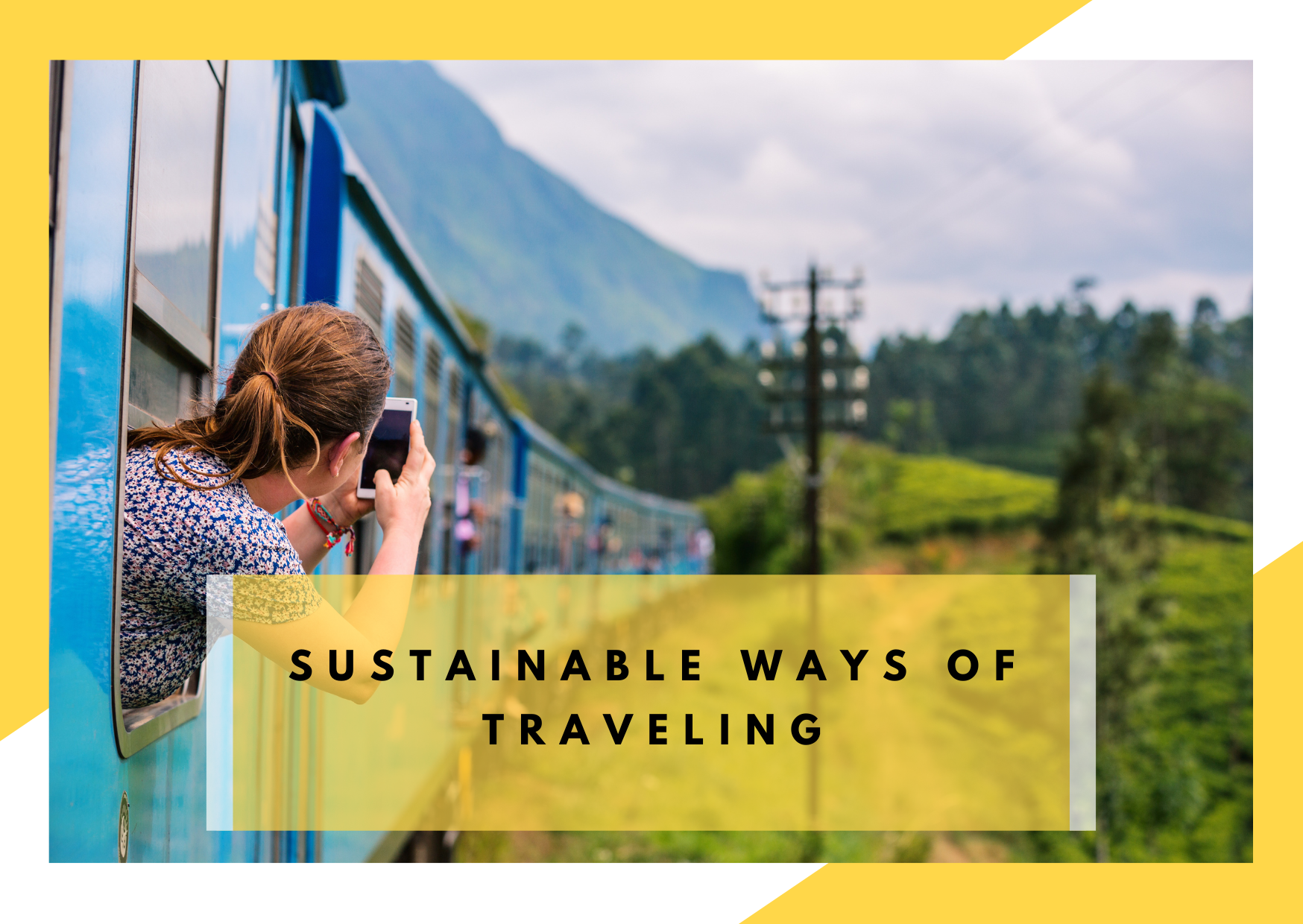July 19, 2025

The word “travel”, and the act of traveling itself, may vary in etymology across languages and cultures, yet it always conveys a subconscious sense of excitement, a discovery of the unknown, and a touch of melancholy. What is certain is that travel goes hand in hand with a feeling that calls to our sense of adventure and self-discovery.
When we think of the archetype of the traveler, many names come to mind across centuries and cultures. A prime example is the protagonist of Homer’s Odyssey: Ulysses. His mythical journey, a long literary voyage full of trials and tribulations, is aimed at returning to his beloved home, Ithaca.
History is filled with renowned figures for whom travel was a defining trait, each for different reasons. Consider Alexander the Great and his conquests, the trade journeys of Marco Polo and Christopher Columbus, the pilgrimages of Xuanzong, the artistic travels of Hokusai, the global explorations by geographers such as Magellan, Amerigo Vespucci, Ibn Battuta, Fridtjof Nansen, and the scientific voyages of Charles Darwin and Claude Lévi-Strauss — all the way to space exploration with Yuri Gagarin and Neil Armstrong.
Travel has always defined human beings — from the dawn of time to the present day — and over the centuries its nature has evolved according to the circumstances.
For the Portuguese, for instance, the word “viagem” (journey) is often associated with saudade, a term expressing a deep feeling of melancholy and nostalgia when far from someone or something. It’s a feeling common to Portuguese sailors who embarked for the New World, and to many Europeans who left their homelands for America in search of a better life — and more broadly, to all migrants escaping persecution, war, or poverty. Travel could be a choice driven by countless motives or a sad compulsion, as in the tragic cases of deportations and forced displacements.
To travel, then, is to move — to leave one place behind and arrive somewhere else. It carries within it a mixture of nostalgia, escape, curiosity, discovery, adventure, promise, and above all, hope.
Modern Travel and Sustainability
Today, the reasons and means for travel are increasingly diverse. We travel for study, work, leisure, or simply to escape daily routine. In recent years, travel has become more accessible, and with the rise in the number and frequency of travelers, the issue of sustainability has become central in every aspect of our lives — including tourism.
Sustainable tourism is not just a trend but a necessity: to reduce environmental impact, respect local cultures, and contribute positively to the economies of the places we visit.
What Does It Mean to Travel Sustainably to your destination?
Traveling sustainably means:
- Choosing low-impact means of transport,
- Reducing pollution and natural resource consumption,
- Respecting the environment and local communities,
- Supporting the local economy by choosing local products and services
Programs and Initiatives Supporting Sustainable Travel
- Erasmus+
Various EU programs provide mobility for students, volunteers, and professionals, encouraging cultural exchange and environmental respect, with support for green projects. - Couchsurfing
A global community that allows travelers to stay for free with locals — an authentic, human, and sustainable way of travelling. - Workaway / Worldpackers
Platforms that connect travelers with hosts worldwide: work a few hours a day in exchange for room and board. Ideal for slow travel, learning, and saving money. - WWOOF (World Wide Opportunities on Organic Farms)
Volunteer opportunities on organic farms — an eco-friendly way to travel, connect with nature, and learn sustainable farming techniques. - ESC (European Solidarity Corps)
Offers funded volunteer experiences for young Europeans: environmental, cultural, and social projects across Europe. - Interrail Green Travel
With Interrail you can explore Europe by train — one of the most sustainable travel methods. Some passes include eco-friendly options and special offers.
Platforms and Sites for Sustainable Travel and Accommodation
Here are some useful tools for organizing responsible trips:
- Booking.com (Sustainability section): Many properties highlight their eco-friendly practices (e.g., green energy, plastic-free policies, recycling).
- Ecobnb: A platform dedicated to eco-friendly accommodations: farmhouses, B&Bs, and lodges that adopt sustainable practices.
- Fairbnb.coop: A fair alternative to Airbnb: 50% of the commissions are reinvested in sustainable local projects.
- Couchsurfing: Free stays with locals — perfect for backpackers with a spirit of sharing.
- Workaway / Worldpackers: Cultural exchange and volunteer opportunities with included lodging.
- WWOOF: Travel by working on organic farms — an educational, green, and affordable experience.
- Blablacar: A carpooling platform — great for reducing emissions and sharing rides.
- Rome2Rio / Omio: Compare eco-friendly transport options (buses, trains, ferries) and plan sustainable routes.
- GreenTrip: Helps calculate your travel’s CO₂ emissions and suggests greener alternatives.
Practical Tips for Responsible Travel
- Use public transport or trains for getting around.
- Choose local, low-impact accommodations.
- Always carry a reusable water bottle, shopping bag, and containers.
- Avoid short flights and travel light.
- Respect local culture, nature, and people.
Conclusion
Traveling sustainably is a smart and conscious choice. Whether it’s a walking pilgrimage, a few weeks working on an organic farm, or taking a train instead of a plane — every gesture counts.
Exploring the world doesn’t just mean visiting it — it means taking care of it. Travelling shouldn’t be reduced to a mere act of consumerism or narcissistic exhibitionism, but should broaden our horizons, helping us understand the world and ourselves through new perspectives.
Author : Vittorio de Matthaeis
